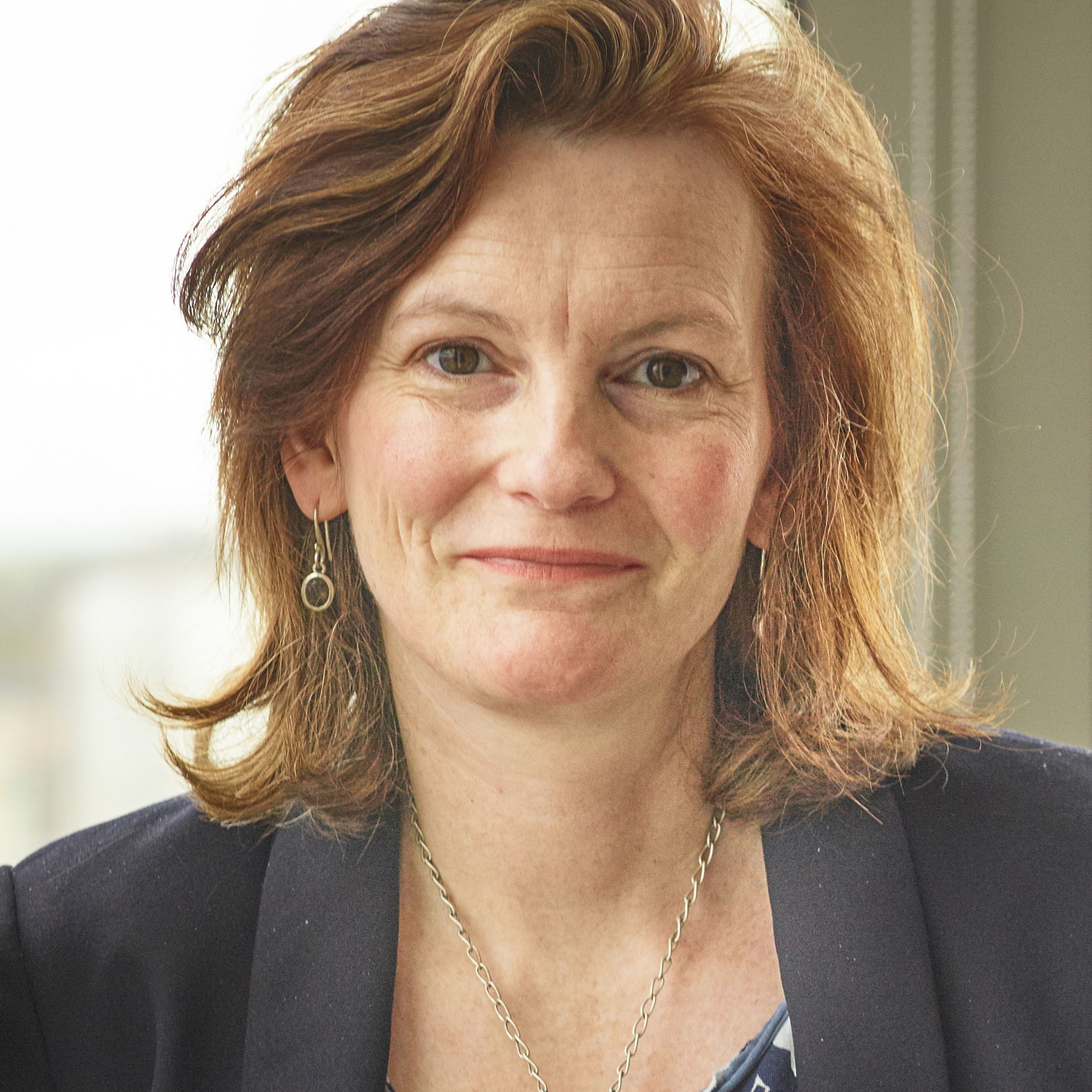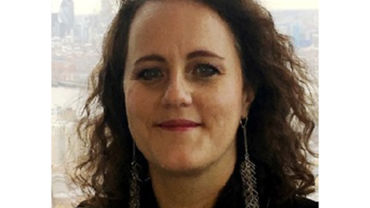 Claire Clarke, Managing Partner at Mills & Reeve, enjoys the challenge, the variety and the people aspect of working in law, and believes it should have a diverse workforce. As a member of Thomson Reuters’ Transforming Women’s Leadership in the Law programme, Clarke thinks that given the rising majority of female graduates entering the profession, and clients being increasingly diverse, law firms need to encourage women to aspire to and take leadership positions as it is vital for the overall health and vibrancy of the legal profession.
Claire Clarke, Managing Partner at Mills & Reeve, enjoys the challenge, the variety and the people aspect of working in law, and believes it should have a diverse workforce. As a member of Thomson Reuters’ Transforming Women’s Leadership in the Law programme, Clarke thinks that given the rising majority of female graduates entering the profession, and clients being increasingly diverse, law firms need to encourage women to aspire to and take leadership positions as it is vital for the overall health and vibrancy of the legal profession.
How did it all start for you, and when did you first become interested in the law?
I first became interested in law when I was in the sixth form at school. I liked the balance of logical thinking and reasoning, and also the need to be able to present an argument or make a case using the law. I did a work placement at a local solicitor’s office and enjoyed the challenge and variety. I really liked the language – analysing what things actually meant and finding out the facts. Crucially, I also like working with people.
Have your aspirations changed throughout your law career?
I think in many ways yes as I like variety and fresh challenges to aim for. This could be a new exciting piece of legal work or helping to shape the direction of a team or sector. More recently, I’ve enjoyed the management challenges around running a law firm and being involved in shaping the overall strategic direction of Mills & Reeve.
What influences have impacted your career path?
My early career was clearly defined by the economic climate of the time as I qualified into the insolvency team at a magic circle firm during the last major recession, having worked during my training contract on the Robert Maxwell administration. I moved to Mills & Reeve to retrain as a corporate lawyer looking for a different mix in the work and clients I was acting for, and perhaps a career more compatible with children than I thought was possible in very large City firms at that time. Indeed, I was fortunate enough to be promoted to partner in 1999 while on maternity leave with my first child.
What do you think are the triggers around the increasing awareness of the need to address gender diversity within the legal industry?
One of the key triggers is that our workforce is changing. A recent study showed that 70 percent of law graduates entering the profession by 2025 will be women. To continue to thrive and grow we need to encourage female talent to join and remain in our businesses. And on the other side of the table, our clients are increasingly more diverse and understandably want to see diversity in their legal teams. A more diverse workforce also leads to better decision making and avoids ’groupthink’ which is prevalent if everyone is of the same gender and social and ethnic background.
What are the key things law firms are doing well to turn the dial on gender diversity?
The first step is to make sure you’re talking about it and that it is front of mind. I am certainly trying to lead from the front at Mills & Reeve and regularly talk about diversity at my quarterly staff briefings when I visit all six of our offices to update staff on how the firm is doing. New technology has made it possible for our people to log in from anywhere, making home working much easier and new agile working practices have allowed our people to work around other commitments outside of work. New initiatives such as Maternity Mentors, designed to provide support to returning mothers, and ‘keep in touch’ programmes to help women stay in contact with the business while on maternity leave, have also received positive feedback. Myth busting and promoting the benefits of a career in a law firm also helps, as junior lawyers can often self-select if a career at a law firm is not for them relatively early on in their career. Good and regular career conversations to nurture and develop talent are also key.
Do you have any women you have met in your career/other parts of life that inspire you? And do you have advice that you could share with fellow women in law looking to advance their career?
I really admire Dame Judi Dench, who has enjoyed a lengthy career and is willing to speak about issues that matter to her such as the challenges of finding roles for older female actors. In terms of advice, I’d say always keep an open mind as you never quite know what direction your career might take or routes which might look blocked may open up. Talk to as many people as possible so you make informed decisions as other people can give you different views and perspectives. And remember: there is likely to be more than one opportunity when a senior position is open to you. People are increasingly working longer, and just because the time is not right now due to other priorities in your life doesn’t mean pushing forward with your career won’t be possible later.
Why did you become an Advisory Board member of the TWLL programme?
I believe that supporting and encouraging women to aspire to and take leadership positions is vital for the overall health and vibrancy of the legal profession. I also wanted to share my own experiences at Mills & Reeve and hear the challenges and successful initiatives others have experienced.
What most excites you about the programme?
There is a huge amount of passion from everyone involved to overcome the challenges we currently face. We all want to see real change in the coming years with more women stepping forward for leadership positions and much greater gender diversity and positive role models in senior positions.


